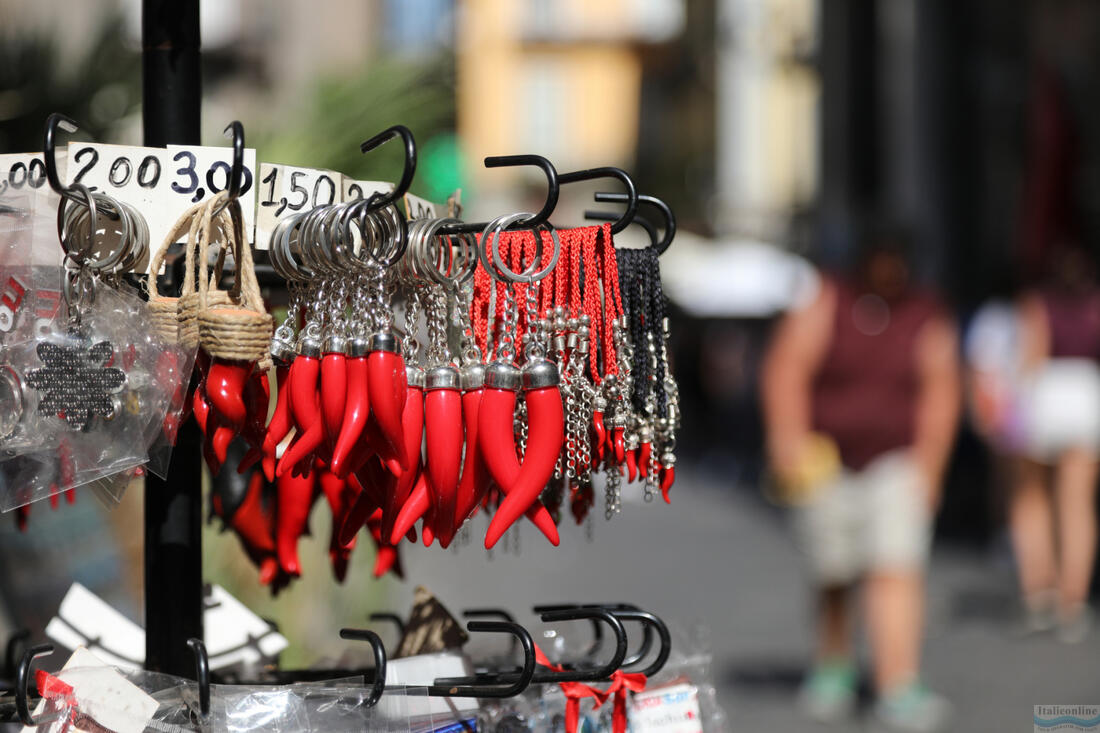One of the superstitions we also have here is that if a black cat runs across your path, it is a sign of impending misfortune. This superstition dates back to the Middle Ages, when horse-drawn carriages were frightened by the yellow eyes of cats at night, which often led to accidents. Pope Gregory IX even declared in 1200 that black cats were associated with witches and devils, and so ordered their extermination.

Also, you will never see anyone open an umbrella inside a room in Italy because it brings bad luck, especially financial problems. This superstition comes from ancient Rome, where opening an umbrella in a room was considered to dishonor the Sun God, resulting in bad luck for the family.another interesting fact is that umbrellas were also used to cover holes in poor people's houses, so opening them symbolized poverty.
One of the other superstitions related to financial misfortune is salt being spilled. In the past, salt was a very valuable commodity and its importance was associated with wealth. If you do spill salt, which happens quite often, it is important to clean it up as soon as possible and throw it behind your back, over your left shoulder, to ward off possible misfortune.
In Italy, weddings are never held on a Friday. This is because Jesus died on Friday, and this day is considered unlucky. Speaking of weddings, it's good for as yet unmarried ladies to know that, according to an old Italian superstition, it is considered bad luck if someone accidentally runs over their feet with a broom, or if they themselves accidentally sweep rubbish under their own feet. This superstition once suggested that such a woman might not be skilled in housework and might be considered an unsuitable future wife.
Just as Friday the 13th is a bad omen for us, in Italy such a number is 17. The Roman numeral for 17 is XVII, which can be rearranged to VIXI - Latin for "I lived" - which was often found on tombstones and is therefore associated with death. For this reason, many Italian airlines do not have rows with the numbers 13 and 17, and many Italian hotels do not have a 17th floor.

You may have noticed during your travels in Italy that many Italians wear a pendant in the shape of a small chilli pepper. However, it is not a chilli pepper but a cornicello, which is the horn of the ancient goddess of the moon. This talisman protects against bad luck and brings good luck to its wearer! It is often given as a gift to newborns or loved ones.
We definitely recommend that you purchase at least one charm when you visit Italy. A good luck charm always comes in handy.

One of the other traditional good luck charms in Italian culture is a gesture called "fare le corna", which is meant to protect against evil influences. All you have to do is clench your fist, extend your index and pinky fingers outward, and insert your middle and ring fingers into your palm. Caution - this gesture should only be done with the fingers horizontal or pointing downwards. If you make the same gesture with your fingers held up or towards a person, you completely change its meaning (indicating partner infidelity)!
Italian superstitions are a fascinating element of Italian culture and tradition. They have a long history and many of them reflect old customs and religious beliefs. It is interesting to see how these superstitions affect people's daily lives and how some of them are still maintained today.







